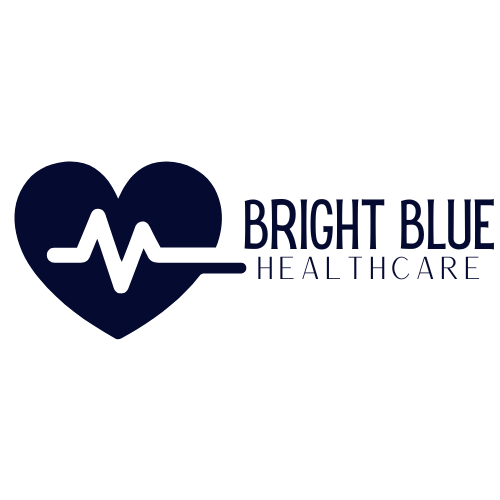Medical professionals are the backbone of the health care system. In order to provide the highest quality of care for their patients, medical professionals must constantly educate themselves on new medical advancements, techniques, and treatments. It is critical for all medical professionals to understand the importance of preventive care, early detection, and disease management.
The health care system is continually evolving and medical professionals must remain up-to-date on the latest medical breakthroughs and changes within regulatory policies. They should also understand the role of public health and how medical care is impacted by social determinants of health, including social, economic, and environmental factors.
To ensure that medical professionals are well-equipped with knowledge and skills, they should have access to continuing education programs. Credentialing helps medical professionals to meet the minimum requirements necessary to maintain their licenses, according to their specific state.
In addition, medical professionals should also maintain an active professional network with their peers and with other health care specialists. This enables them to share knowledge, discuss new treatment options and techniques, and seek guidance.
Medical professionals must also stay informed about the latest medical technology. Electronic health records, online medical portals, and virtual patient consultations are just a few examples of the many technological advancements that are transforming health care systems worldwide. These advancements allow medical professionals to quickly and efficiently review patient information and diagnose illnesses, making the care process much more streamlined.
One of the key areas that medical professionals must focus on is patient safety. They must ensure that patients are protected from harm, and that there is no risk of spreading infections or diseases in their care environments. Proper hand hygiene and the use of personal protective equipment are important in this regard.
Medical professionals should also understand how to manage medication properly. They should always consider the side effects of any medication, as well as potential drug interactions, allergies, and contraindications. Medical professionals must be familiar with the different dosage methods and routes of administration to meet patient-specific needs.
Finally, medical professionals must also understand the importance of ethical and legal issues in health care. The ethical principles of autonomy, beneficence, non-maleficence, and justice are crucial in making ethical decisions. Medical professionals must also ensure that they are complying with the laws and regulations governing their work area.
In conclusion, medical professionals are the pillars of the healthcare system. They should be equipped with the latest knowledge and skills in order to provide the best possible care to their patients, whilst ensuring they maintain the highest levels of safety and ethical standards. Medical professionals must keep themselves updated on the latest medical advancements, techniques, and treatments. Continual education, professional network, and adherence to legal and ethical principles are all critical to this end.




